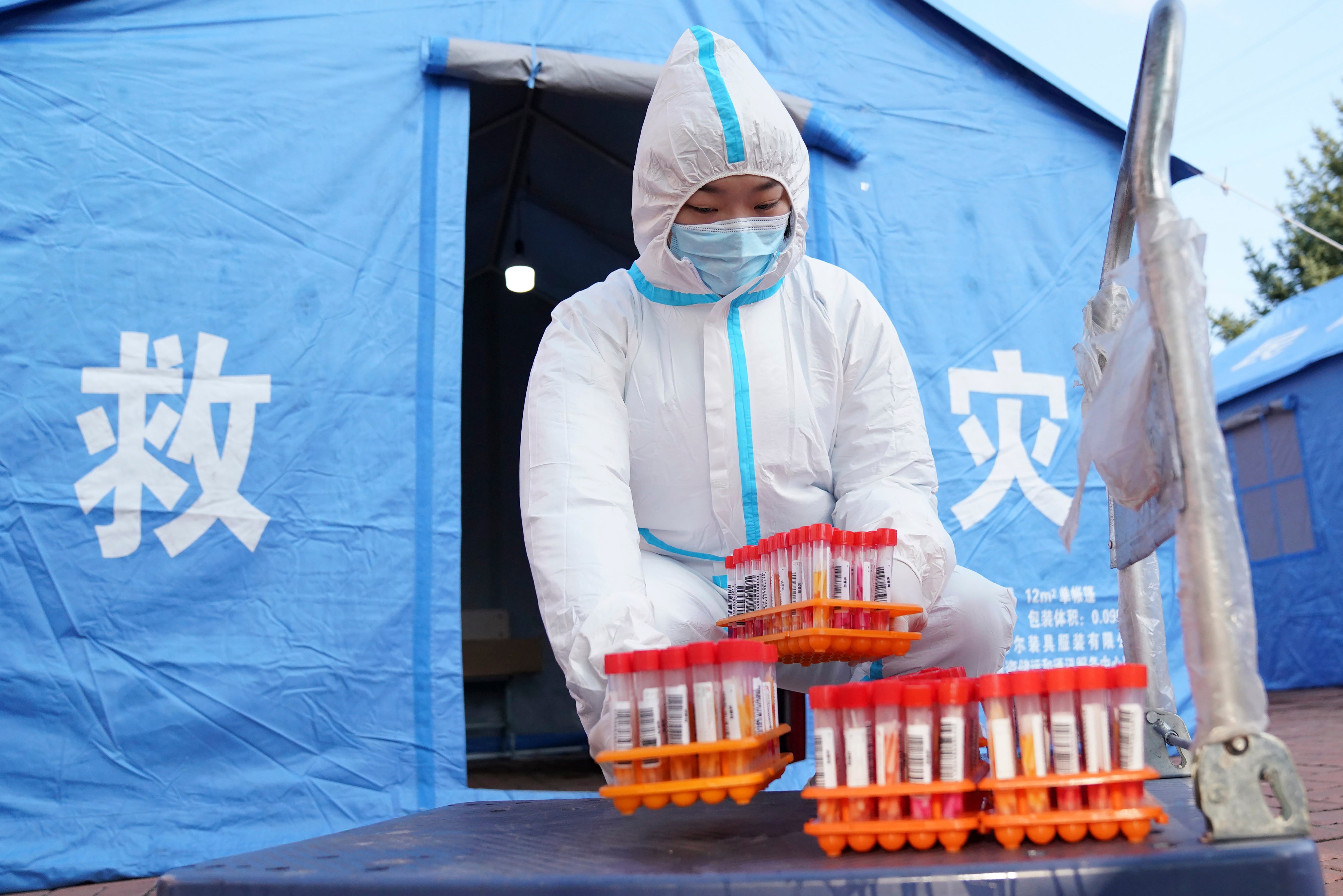China kills 3 housecats that tested positive for COVID-19
A city in northern China has killed three housecats after they tested positive for COVID-19

A city in northern China has killed three housecats after they tested positive for COVID-19, according to a local media report.
The authorities in Harbin said the action was taken because there was no available treatment for animals with the disease and they would have endangered their owner and other residents of the apartment complex in which they lived, Beijing News online said.
The owner tested positive for the virus on Sept. 21 and went into isolation after leaving food and water out for the three cats.
A community worker dropped in and gave the cats coronavirus tests, which twice came back positive. Despite an online appeal by the owner, identified only as Miss Liu, the cats were put to sleep Tuesday evening.
Pet ownership is increasingly popular in China, and the newspaper's report on the case drew more than 52,000 comments.
According to the U.S. Centers for Disease Control and Prevention, the risk of animals spreading SARS-CoV-2, the virus that causes COVID-19, to people is “considered to be low," although it is known to be transmissible from people to animals in some situations, especially when there is close contact.
COVID-19 has been reported on mink farms in several countries, including cases in which it was suggested humans might have been infected by the animals, prompting mass culls of the animals.
“People with suspected or confirmed COVID-19 should avoid contact with animals, including pets, livestock, and wildlife," CDC said on its website.
“At this time, there is no evidence that animals play a significant role" in spreading the virus to people, it said.
“Some coronaviruses that infect animals can be spread to people and then spread between people, but this is rare. This is what happened with SARS-CoV-2, which likely originated in bats," the CDC said.
The theory that the virus was passed from bats to humans, possibly through an intermediary species such as a pangolin or bamboo rat, has been strongly favored by scientists studying the origins of COVID-19, which was first detected in the central Chinese city of Wuhan in late 2019.
The killing of the cats is an example of the sometimes extreme measures China has taken to control the virus, even when infection rates remain far below those in other countries.
Lockdowns, mask wearing, mass testing and high vaccination rates have been credited for suppressing new infections.
On Wednesday, mainland China reported just 11 new locally transmitted cases, eight of them in Harbin and three in the eastern city of Xiamen, both of which have had recent outbreaks.
China currently has 949 patients being treated for COVID-19. It has reported 4,636 deaths from the illness among a total of 96,106 reported cases.